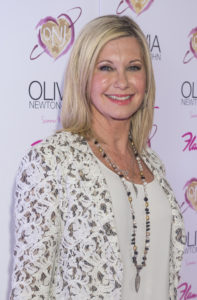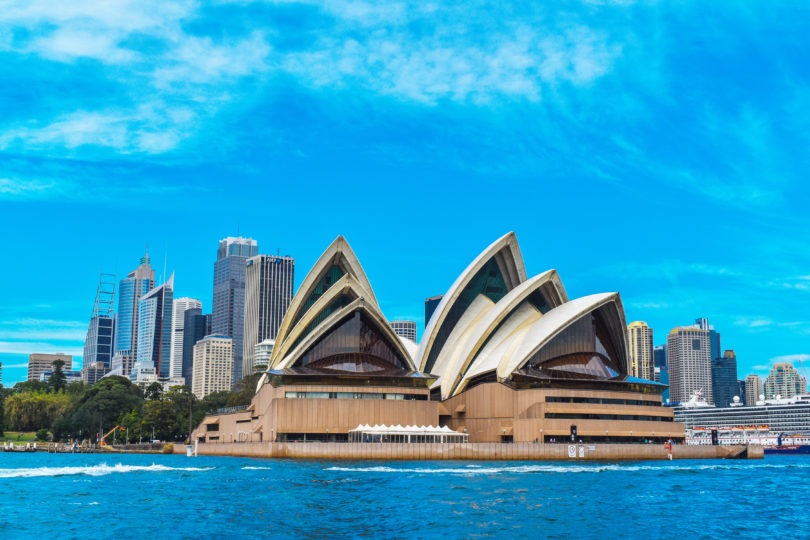Those who are old enough will remember when Olivia Newton-John rose to fame after appearing in the hit movie Grease. Since then, the Australian superstar has had breast cancer and has become a high-profile advocate for legalizing cannabis in Australia.
It’s estimated that roughly one-third of all Australians over the age of 22 have tried cannabis, with around 1 million citizens having tried it in the past year. According to estimates, at least 300,000 Aussies use cannabis daily, and it was legalized medically on the federal level there in 2016. Interestingly, Australia has one of the highest cannabis prevalence rates in the world, and Australia’s indigenous population has even higher levels of cannabis use.
Over the past few years, several politicians have given their support to legalizing cannabis, although it remains illegal for recreational purposes. Doctors in Australia also widely support cannabis legalization. The issue they face, as with doctors around the world, is that they have no idea how to prescribe it due to so many decades of prohibition. Since becoming legal medically back in 2016, the issue has been bogged down with legal red tape and prescribing problems.
A Queensland University of Technology review of 26 studies found that medical professionals have no idea which strain or type of cannabis to prescribe for which condition. This fact is putting more pressure on doctors and patients alike and needs to be resolved as soon as possible.

Olivia Newton-John is an avid supporter of cannabis legalization
More recently, talk of cannabis legalization in Australia took on an even more interesting tone when Olivia Newton-John revealed she uses cannabis for “pain maintenance and sleep.” Newton-John, now 70, is a breast cancer survivor who spoke to the press about her intention to get cannabis appropriately legalized for medical use.
As she told the Daily Telegraph, “It is not compassionate or kind that they are making it so difficult for people because I am proof that it works.” She added, “You don’t die from cannabis yet we have a terrible opiate problem in the world – people dying of opiates. Cannabis can take the place of opiates, and people will not be dying,” she said.
The issue, for now, is that while medical cannabis use is on the rise in Australia, access to it is sadly not. Figures from the Therapeutic Goods Administration in Australia shows that more than 6,400 prescriptions for medical cannabis were approved under their special access scheme, with most of those being over the past 12 months.
However, the new scheme has been cumbersome and awkward for the most part since it was rolled out. For starters, only people with chronic pain, chemotherapy-induced nausea, childhood epilepsy, and anorexia can qualify for access to medical cannabis. That being said, those patients only have access to 57 health professionals who are approved under the authorized prescriber scheme to prescribe medicinal cannabis.
With medical cannabis at its inception in Australia, a bunch of kinks need to be ironed out to make the new program work for people. As it stands, for the time being, the legal quagmire is so complicated for most Australians that many turn to the black market for their cannabis medication.
It’s hoped that the program there will become robust enough to handle the demand put on it and that, before long, Australians will have the proper access to medical cannabis that every person deserves.







